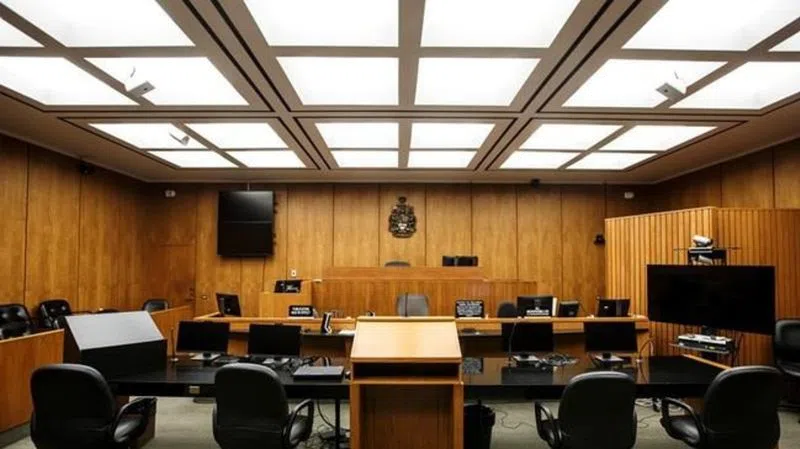
‘Sit in jail and wait:’ Legal experts worried about coronavirus court delays
CALGARY — Some legal experts are warning that the COVID-19 pandemic will have lasting effects on the Canadian justice system.
Among some court changes across the country, Alberta’s Court of Queen’s Bench is adjourning all scheduled trials for at least 10-weeks and will limit hearings to urgent matters.
Ontario has also introduced short-term measures aimed at reducing risks related to the novel coronavirus, including putting all new jury trials on hold.
Lisa Silver, a law professor at the University of Calgary, says justice officials need to decide what to do when the outbreak is over.


